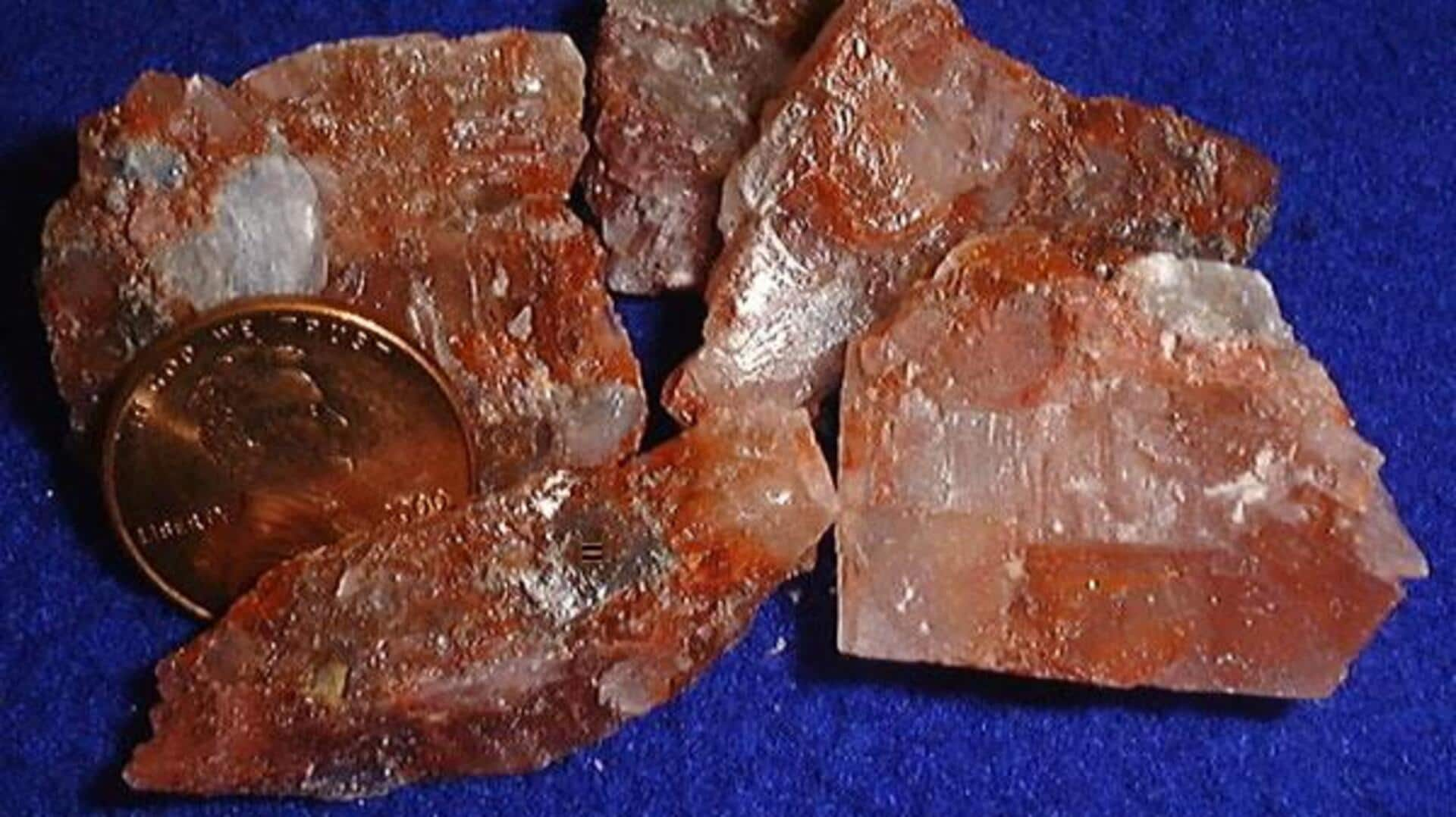
Potash reserves discovered in Punjab; why it's significant
What's the story
The Punjab government announced plans on Thursday to start potash mining in the Fazilka and Sri Muktsar Sahib districts.
The decision comes after surveys by the Geological Survey of India (GSI) found large potash reserves in these areas besides in Rajasthan.
Potash, a key fertilizer component, is one of the three main nutrients required for agriculture.
Reserve distribution
Potash reserves spread across 3 mining blocks
The potash reserves in Punjab are spread over three mining blocks: Kabarwala (Muktsar Sahib), Sherewala and Ramsara (Fazilka), and Shergarh and Dalmir Khera (Fazilka).
The reserves span an area of almost 18 sq km.
Until this discovery, Rajasthan was the only state known for major potash deposits, which are mostly found in the Nagaur-Ganganagar basin.
Mining prospects
Potash mining: A solution to India's import dependence
The GSI discovered potash deposits in Punjab at a depth of around 450 meters.
Despite possessing large reserves, India has not yet entered potash mining.
This new venture could greatly decrease India's dependence on imports and bolster the domestic fertilizer industry.
Presently, India imports 50 lakh tons of potash every year for fertilizers and other industries.
Land concerns
Farmer concerns and government assurances over land acquisition
The prospect of potash mining has worried farmers in Muktsar and Fazilka about possible land acquisition for mining.
Addressing these concerns, Punjab Mining Minister Barinder Kumar Goyal assured that "no land acquisition will happen."
He added that an advanced drilling system would be used to extract potash with "zero impact on land ownership."
The government is also conducting environmental and social impact assessments before starting operations.
Economic impact
Potash mining's potential impact on employment and economy
The proposed potash mining is expected to create employment opportunities and boost regional economic development.
While the central government has auctioning rights for minerals, states are given royalties on extraction.
The Kabarwala block has already reached the auctioning stage with Punjab's approval for mining.
However, farmer concerns need to be addressed before proceeding with this project.